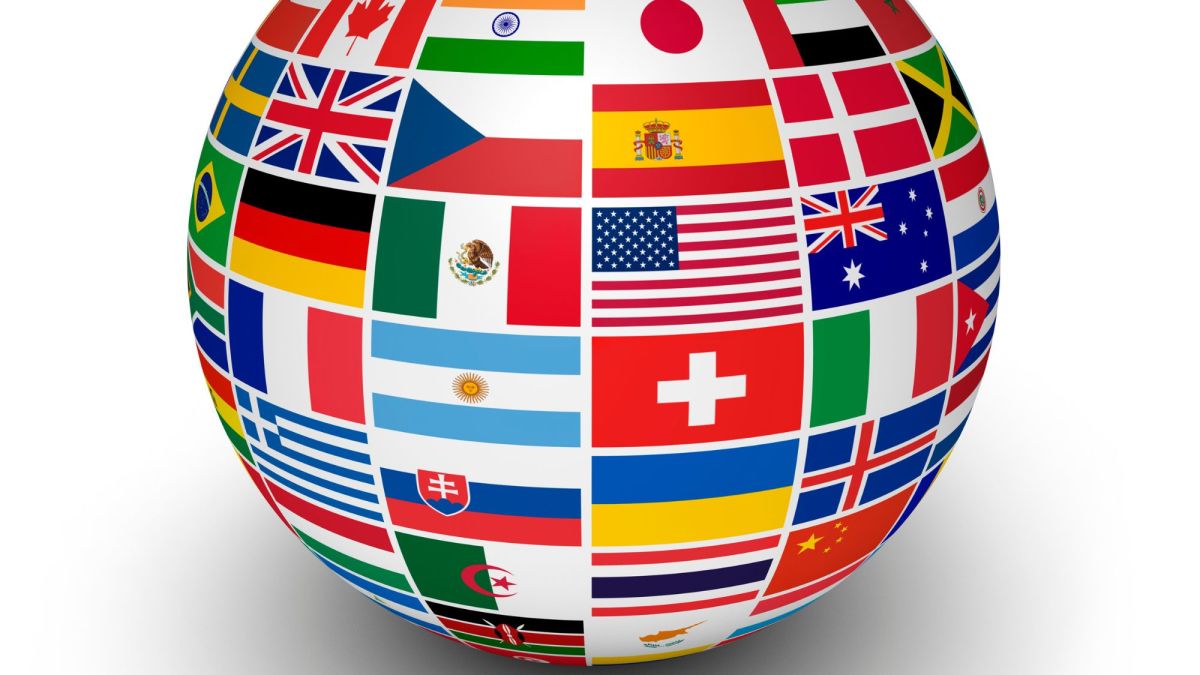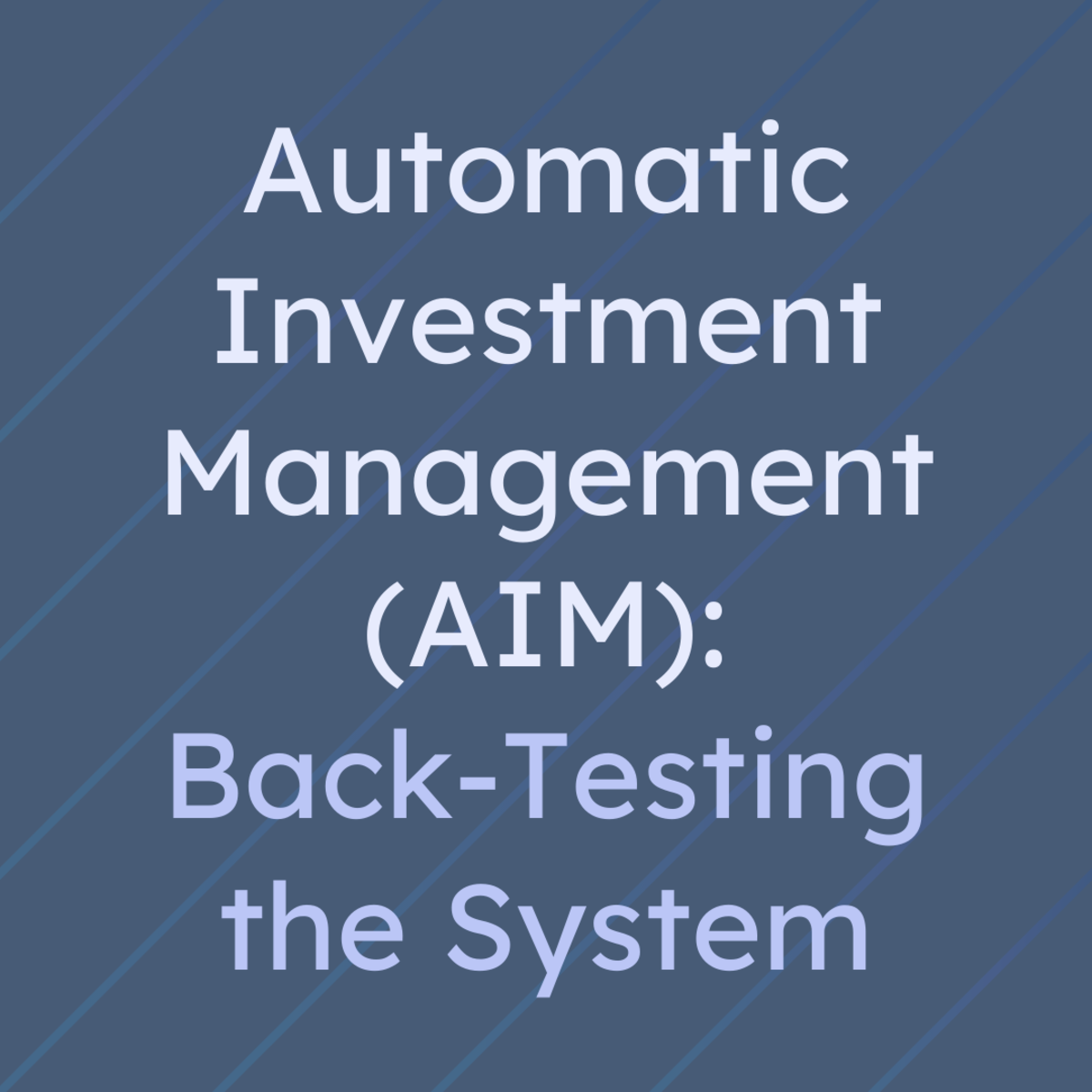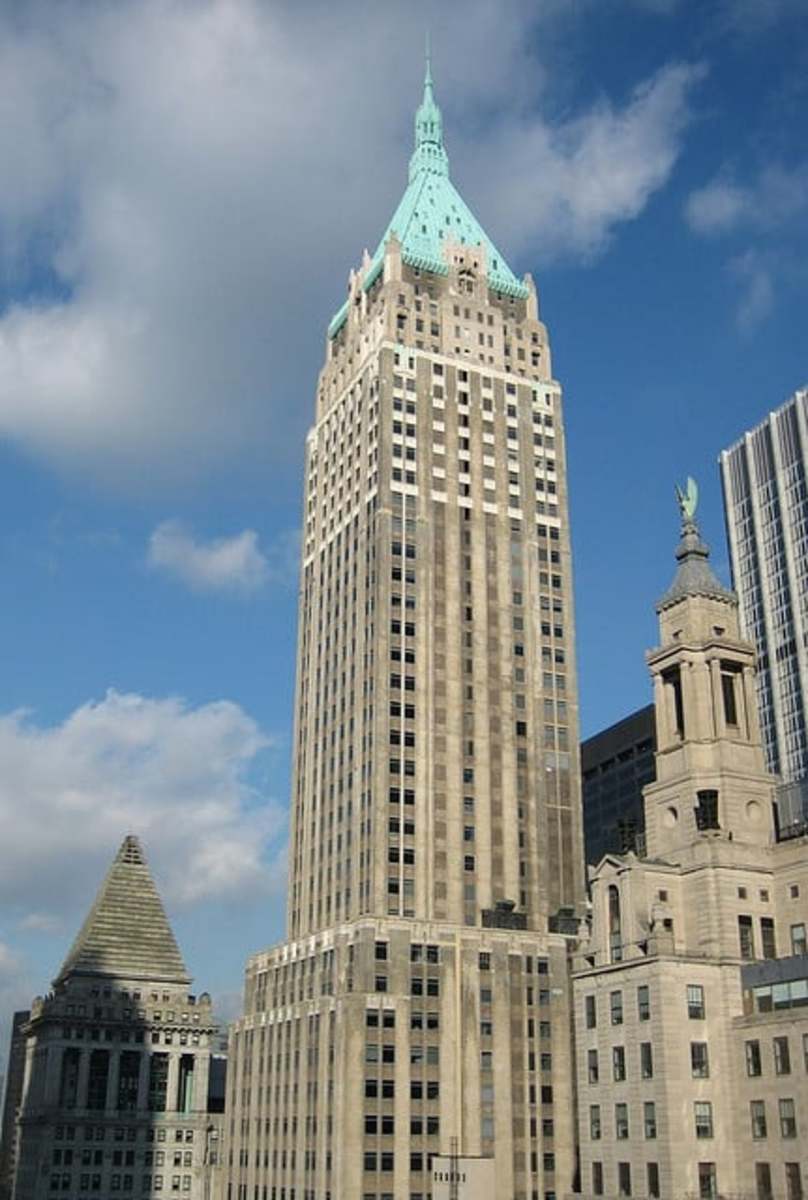Highest CD Rates

The best strategy for buying certificates of deposit (“CDs”) with the best rates is easy to follow for most people. Yet the average person does not use it, and thus settles for lower interest rates on his or her CD investment. This is especially disadvantageous in today’s low interest rate environment, where the average interest rate on a one-year CD is a paltry 0.32% (on June 21, 2012, per Bankrate) and the average interest rate on a five-year CD is an anemic 1.11%. Here’s how to buy the highest yielding CDs.
What is a CD?
A certificate of deposit, or “CD”, is a time deposit with a bank, credit union or thrift institution. A CD is similar to a savings account in that the buyer deposits money with a financial institution and the deposit is insured by the Federal Deposit Insurance Corporation (“FDIC”). However, unlike a savings account, the buyer agrees to keep his money in the account for a specific and fixed term, typically 6 months, 1 year, 2 years or 5 years, and accept a fixed interest rate during that term. The rate of interest paid by the financial institution is usually higher than for a savings account.
What is FDIC Insurance?
The FDIC is an independent agency of the United States government that insures deposits placed in banks and other financial institutions. The insurance is backed by the full faith and credit of the United States, and is therefore very secure. In fact, no depositor has lost money in an FDIC-insured fund since the FDIC was created back in 1933. FDIC insurance covers funds deposited in CDs, but only up to certain limits. Currently, the standard amount of FDIC insurance coverage is $250,000 per depositor, per insured bank, for each account ownership category. There are ways to obtain more than $250,000 of FDIC insurance on CDs by depositing funds in different banks or by using different account ownership categories, as explained on the FDIC website (www.fdic.gov). However, for the purposes of this article, it will be assumed that the $250,000 insurance limit will be more than enough to cover the CD investments of most people. If you are investing more, consult your banker or financial advisor.

Why is FDIC Insurance Relevant when Buying CDs?
The existence of FDIC insurance has an important impact when deciding where to buy CDs. Once you confirm that the CDs offered by a particular financial institution are covered by FDIC insurance, you no longer need to worry about the solvency of that institution when deciding whether to buy its CDs. In other words, you are basically free to shop around for the highest yielding CDs wherever you find them! Often, you will find that the CDs with the highest rates are offered by Internet banks with no bricks-and-mortar operations, or by financial institutions that are offering higher rates since they are desperate for more deposits. While these might ordinarily be red flags, the existence of FDIC insurance negates them.
How to Find the Highest CD Rates
To find the highest CD rates, simply do an Internet search for “highest CD rates”. By entering this search term in Google, I quickly found the website cdrates.bankaholic.com which lists CD rates with high yields. For example, as of today (June 23, 2012), Barclays is offering a 5-year CD with an annual percentage rate (“APR”) of 1.800%, and Discover Bank is offering a 5-year CD with an APR of 1.75%. Both of these rates are more than 50% higher than the national average interest rate on 5-year CDs of 1.11%! And, due to the existence of FDIC insurance, you don’t need to worry about the health of these institutions.
I have purchased a number of CDs from Discover Bank over the last few years. The online purchasing process is simple, and Discover Bank provides periodic statements showing the status of my investments and also offers a website where I can view their value whenever I wish. In many ways, purchasing my CDs online from Discover Bank was even easier than driving to the office of my local bank. Incidentally, the APR of the standard 5-year CD from my local bank is only 0.50%. On a $10,000 investment, I would therefore earn $175 per year in interest from Discover Bank vs. only $50 per year from my local bank. The next time I look for CDs, I’ll no doubt check with Discover Bank first, and just ignore my local bank.
Other major banks with consistently high CD rates include Ally Bank and Barclays,
Discover Bank consistently offers high CD rates







